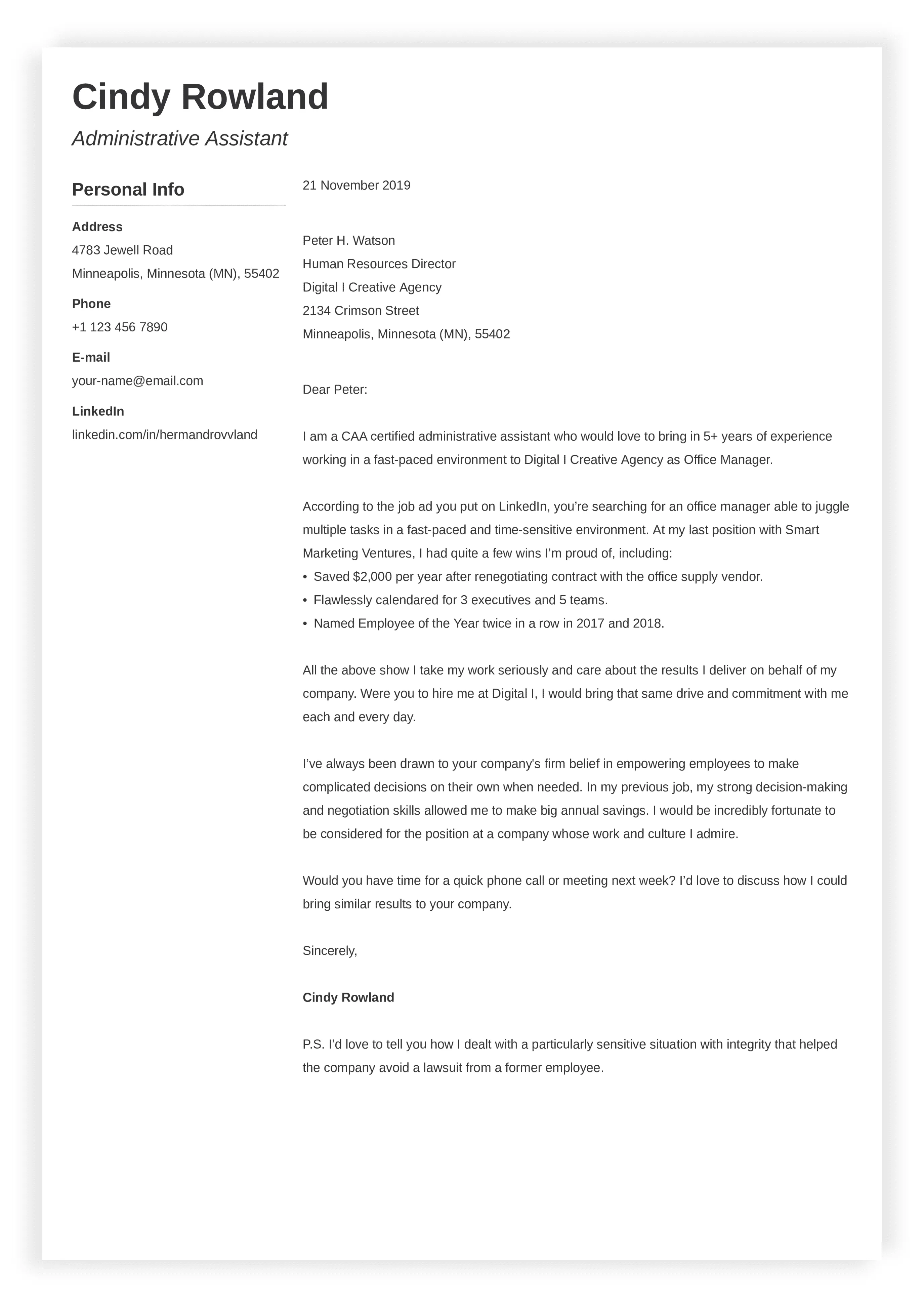Should You Send a Cover Letter
In the competitive world of job hunting, every detail matters. One of the most persistent questions job seekers face is whether they should send a cover letter with their resume. While the digital age has streamlined applications, the cover letter remains a powerful tool in your job search arsenal. Understanding the nuances of when and how to use a cover letter can significantly increase your chances of landing an interview. This article will explore the significance of cover letters, the key facts you need to know, and provide guidance on crafting an effective one.
The Importance of Cover Letters
Cover letters serve as your introduction to a potential employer, providing a space to showcase your personality, skills, and enthusiasm in a way that a resume alone cannot. They offer an opportunity to tell your story, connecting your experience with the specific requirements of the job. Think of it as a personal pitch, setting the stage for why you are the ideal candidate. A well-written cover letter can be the deciding factor in whether your application moves forward, making a lasting impression that grabs the attention of the hiring manager. Cover letters provide a more in-depth look at your qualifications, giving context to your resume and demonstrating your ability to communicate effectively.
Why Cover Letters Still Matter
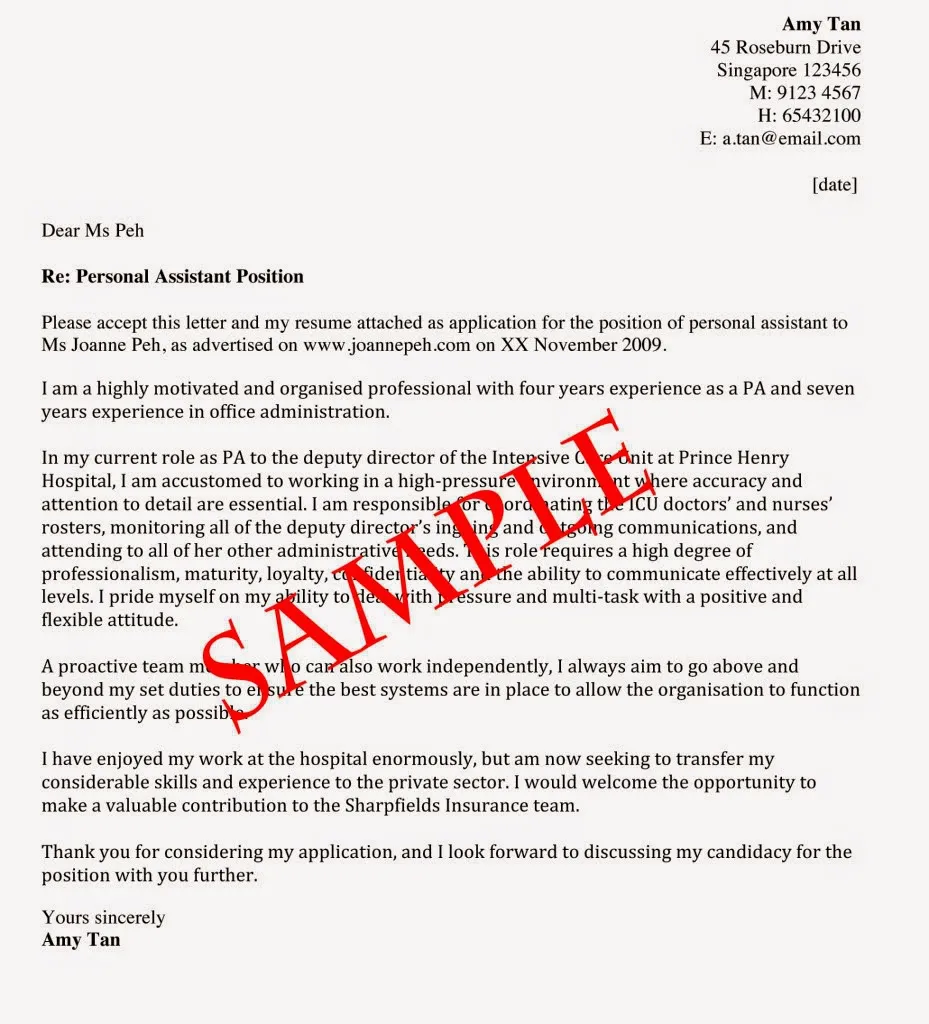
Despite advancements in application technology, cover letters still hold significant weight. They provide a personalized touch, showing that you’ve taken the time to understand the role and the company. They allow you to address any concerns the hiring manager might have, such as employment gaps or career changes. They also serve as a sample of your writing skills, which is crucial for many roles. Additionally, in a landscape of automated application processes, a compelling cover letter can help your application stand out and get noticed by a human reader. This personal connection is essential for demonstrating your genuine interest in the position and the company.
When a Cover Letter is a Must
There are instances where submitting a cover letter isn’t just recommended, it’s crucial. Ignoring this could be a significant misstep in your job search strategy. When a job posting explicitly requests a cover letter, it’s non-negotiable. This signals that the employer values the ability to communicate effectively and the effort to personalize your application. Failing to include one indicates that you might not follow instructions or you’re not as invested in the opportunity as other candidates. Furthermore, if you’re applying for a creative role, or any position that requires strong writing skills, a cover letter is essential.
Job Applications That Require a Cover Letter
Certain types of job applications nearly always require a cover letter. These include roles in fields such as marketing, communications, journalism, and any position where strong writing skills are a core requirement. If you’re applying for a position that is very competitive or requires a high degree of personalization, a cover letter can help you stand out. Entry-level positions might need a cover letter if you want to demonstrate a genuine interest in the industry. Always carefully review the job posting to see if a cover letter is explicitly asked for.
Situations Where a Cover Letter is Optional
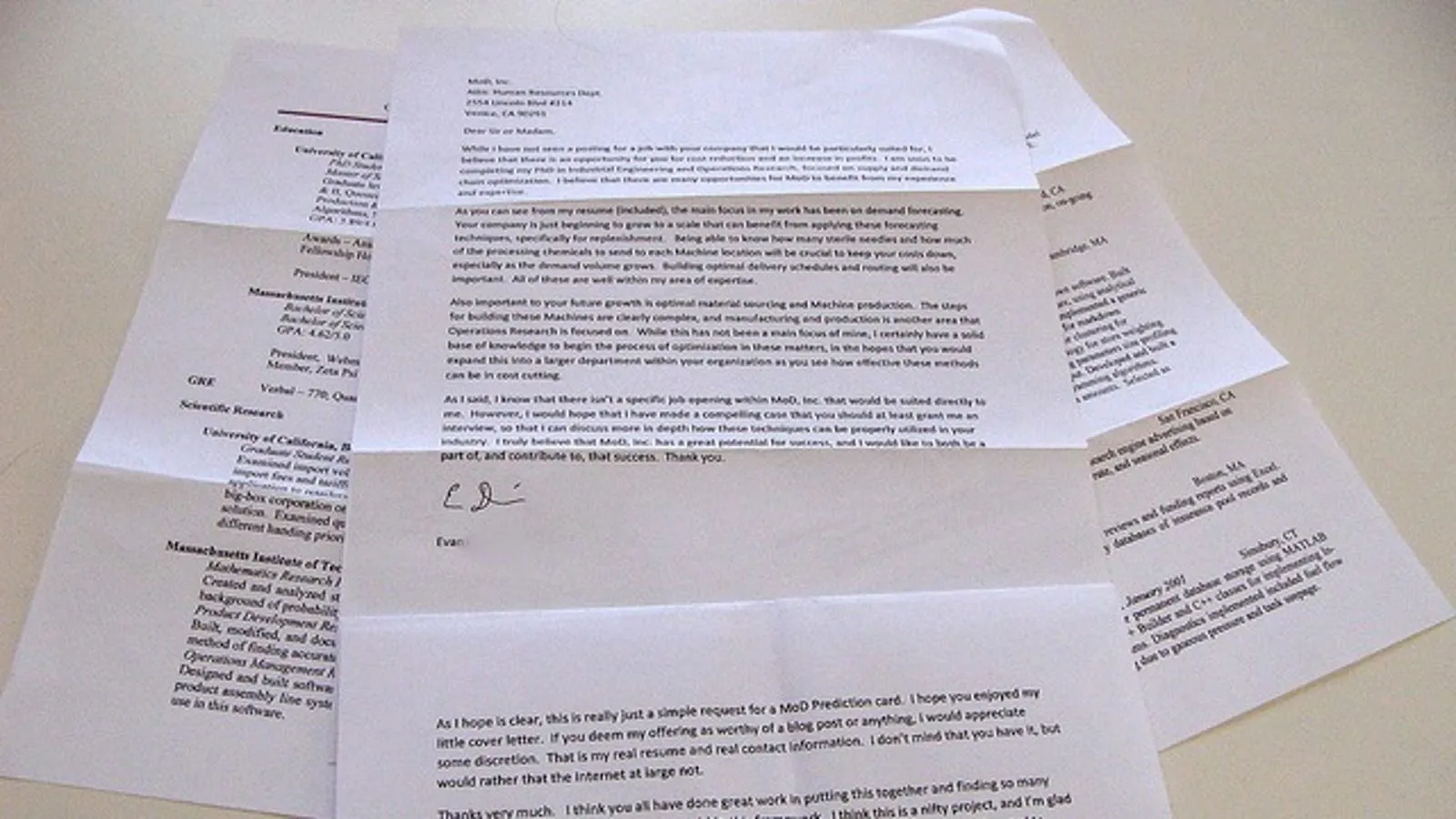
In some instances, sending a cover letter is optional, which means you can use your judgement based on the role and the company. If the job posting doesn’t explicitly request a cover letter, it can be seen as optional. However, it’s usually better to err on the side of caution and include one, particularly if you have any gaps in your employment history or if your resume doesn’t fully capture your relevant experience. Sending a cover letter might also be beneficial when applying through a generic online application portal. This allows you to provide additional context.
Jobs That Might Not Need a Cover Letter
There are certain job types where a cover letter might be less crucial. This includes roles that are highly technical or that prioritize skills above all else. However, even in these cases, a brief, well-crafted cover letter can still be beneficial. Some companies use automated systems that may not even review cover letters. If you suspect the application process is heavily automated, and there’s no specific request for one, it might be fine to skip the cover letter and concentrate on refining your resume and online profile. Always research the company and the role to make a more informed decision.
Top 5 Facts About Cover Letters
Fact 1 Cover Letters Personalize Your Application
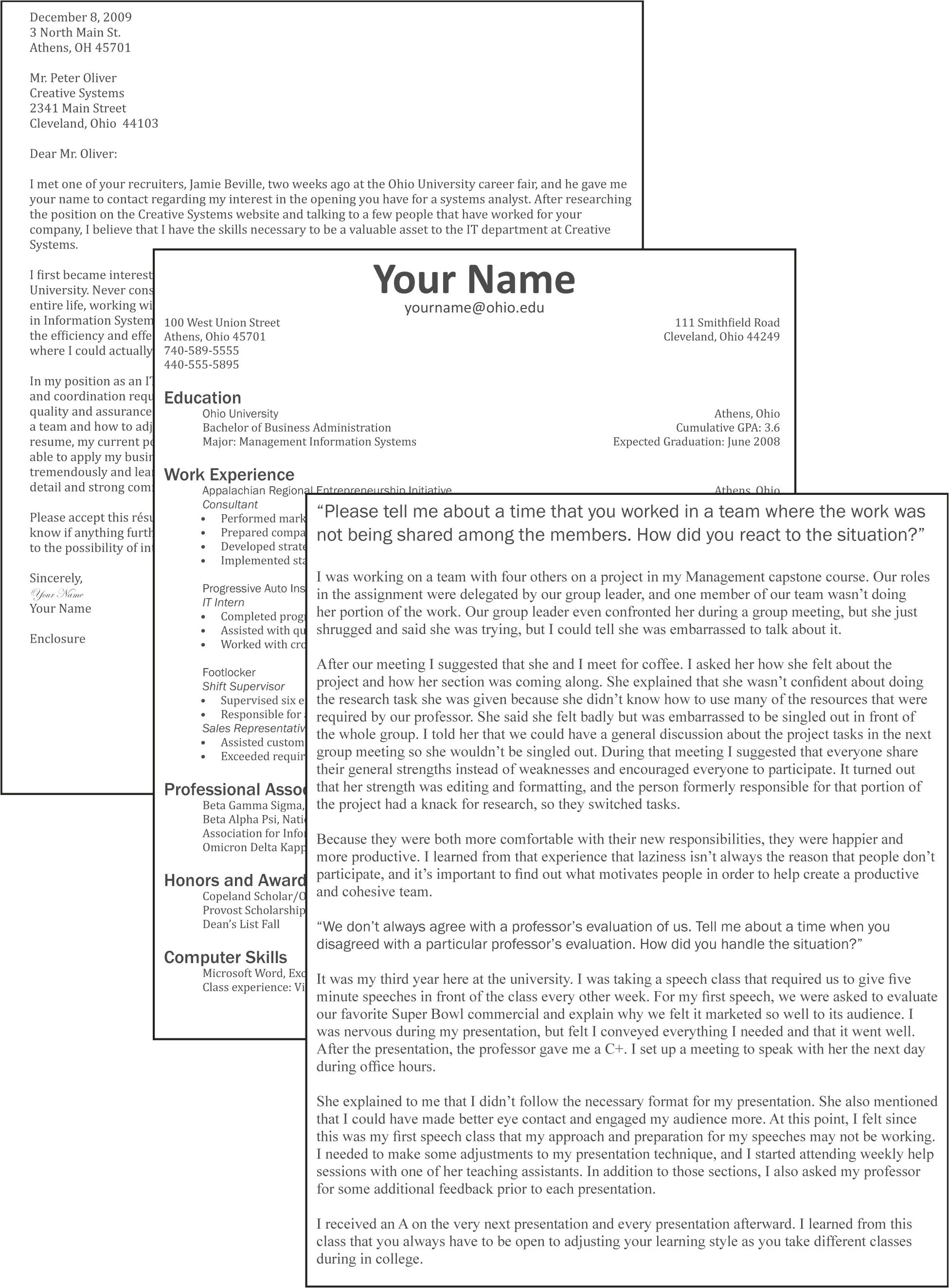
A cover letter is an opportunity to show you’ve done your homework. It shows that you’ve researched the company and the specific role, and are genuinely interested. You can tailor your cover letter to match the company’s culture, values, and mission. Mention specific projects or initiatives that resonate with you, and explain why you are excited about the opportunity. This personalization demonstrates your commitment and can make a positive impression. Always tailor each cover letter to the specific job, highlighting how your skills and experience align with their needs.
Fact 2 They Highlight Your Key Skills
While your resume lists your skills, a cover letter lets you elaborate and provide context. Use it to showcase your accomplishments and explain how you’ve applied your skills in previous roles. Explain how your skills align with the specific job requirements. This helps the hiring manager quickly see how you meet their needs. Avoid simply repeating what’s on your resume. Instead, use the cover letter to tell a story about your skills, making them more memorable. Include specific examples of how you’ve used these skills to achieve results.
Fact 3 Cover Letters Showcase Your Enthusiasm
A cover letter is a great place to express your genuine interest in the role and the company. Be enthusiastic and passionate about the opportunity. Explain why you are excited about the position, the company’s mission, or their products/services. Use this to demonstrate your personality and the value you can bring. Your enthusiasm can set you apart from other candidates. Make it clear why this particular role is a good fit for you. Show that you’re not just looking for a job but a career opportunity.
Fact 4 They Explain Employment Gaps
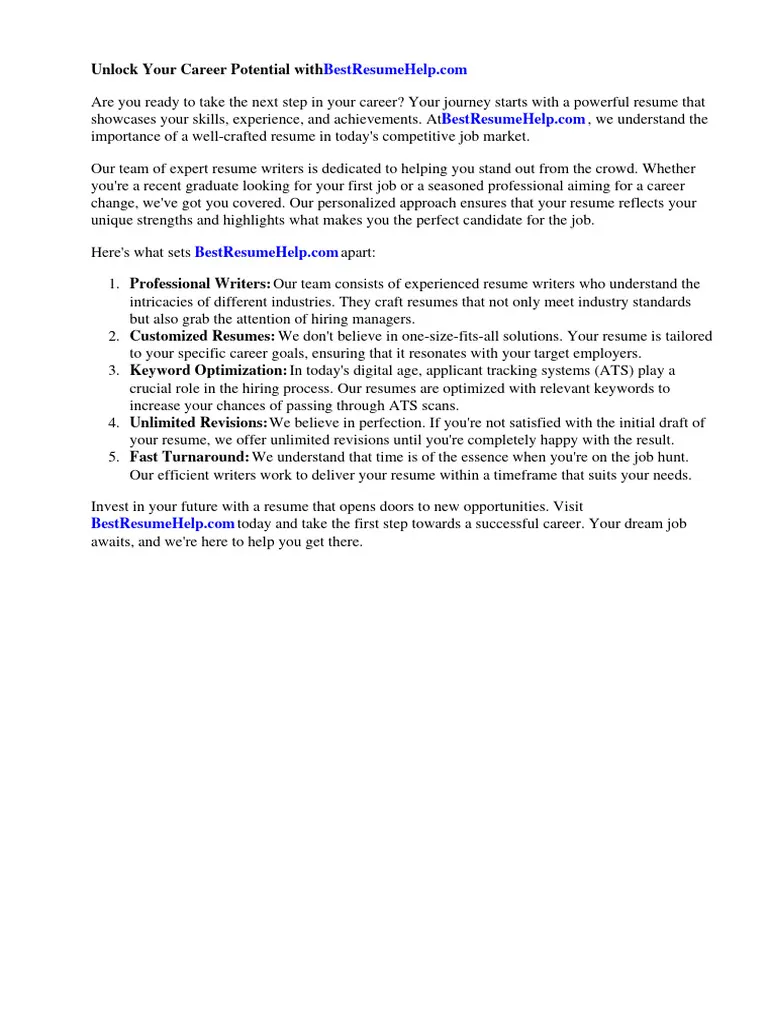
If you have gaps in your employment history, a cover letter is the perfect place to address them. Briefly and honestly explain the reasons behind the gaps. Frame it in a positive light by highlighting what you did during that time, such as further education, volunteer work, or personal development. Your honesty helps build trust with the hiring manager and preempts potential concerns. Avoid making excuses, and instead, focus on the positives and what you’ve learned. Showing that you’ve been productive during those periods helps reassure the employer.
Fact 5 A Well-Written Cover Letter Makes You Stand Out
In a competitive job market, a well-crafted cover letter can significantly improve your chances. It differentiates you from other applicants. A compelling cover letter makes you memorable, and can convince the hiring manager to read your resume. Make sure it’s well-written, free of errors, and tailored to the specific role. Highlight your unique qualities and what makes you the best candidate. A well-written cover letter is your opportunity to showcase your communication skills and your attention to detail.
How to Write an Effective Cover Letter
Crafting a strong cover letter takes time and effort. It should be clear, concise, and tailored to the specific job. Begin by addressing the hiring manager by name, if possible. Research their name on LinkedIn or the company website. Your goal is to make a positive impression. The body of your cover letter is where you highlight your relevant skills and experiences. Always proofread your letter for any grammar or spelling errors, before submitting your application. Ensure your writing reflects your professionalism.
Formatting Your Cover Letter
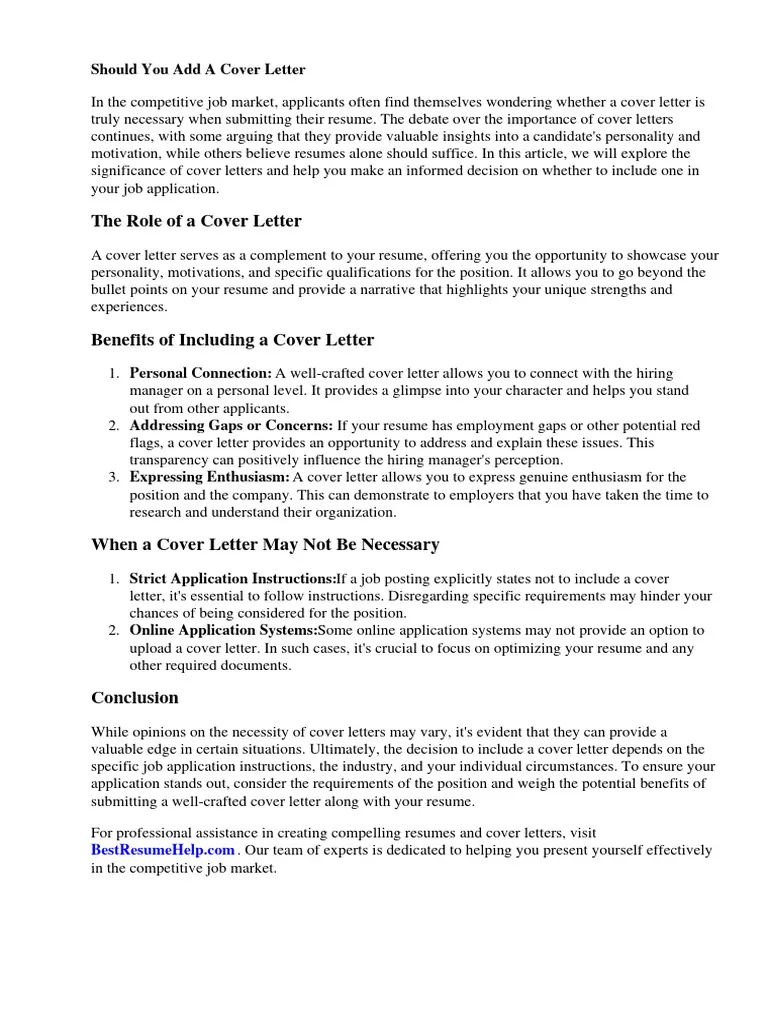
Proper formatting is important for creating a cover letter that is easy to read and professional. Use a standard font, such as Times New Roman or Arial, in a 10-12 point size. Use single spacing and left-align the text. Leave ample white space to avoid a cluttered appearance. Include your contact information at the top of the letter. Always keep the letter to one page, as hiring managers are busy. Make sure your formatting is consistent throughout the document.
Writing an Engaging Opening
The opening of your cover letter is essential. It sets the tone and grabs the reader’s attention. Make your opening statement strong and specific. Start with a hook that makes the reader want to read further. Explain why you are excited about the role and the company. Mention how you found the job, and the reason you are applying. Ensure the opening clearly states your interest in the position.
Highlighting Relevant Skills and Experience
The body of your cover letter is the opportunity to show how your skills and experience align with the job requirements. Choose the most relevant skills and experiences. Quantify your achievements by using numbers and data to demonstrate your impact. Include examples of how you’ve used your skills. Show the hiring manager how your accomplishments can benefit the company. Connect your experience directly to the needs of the role.
Ending with a Strong Call to Action
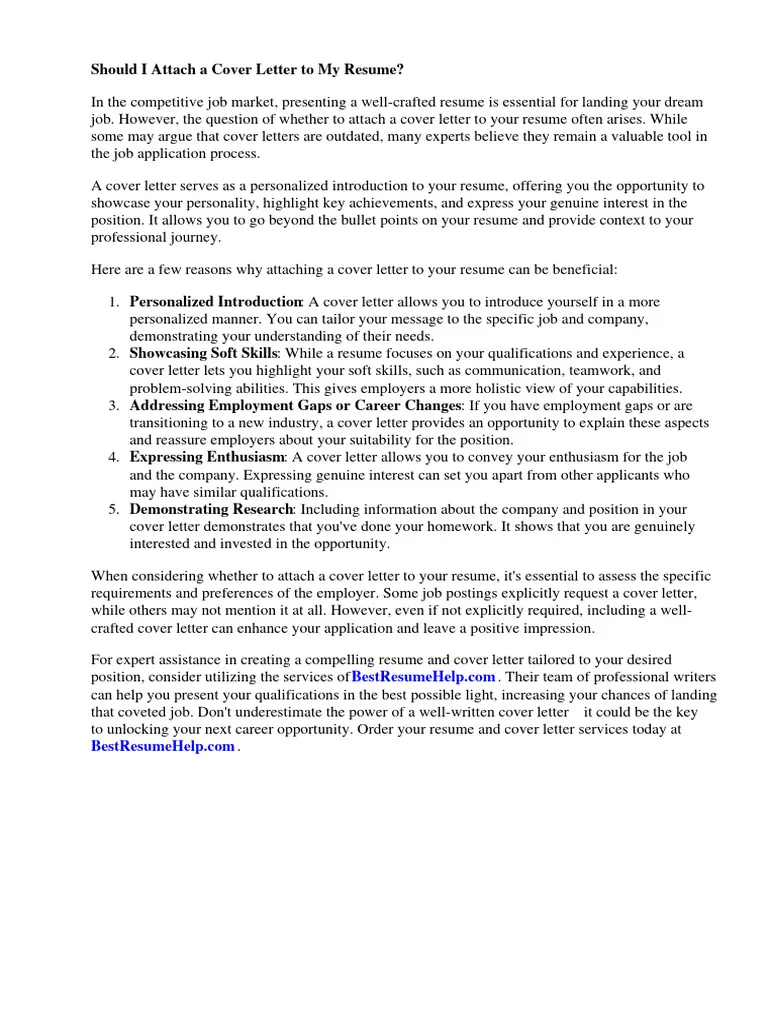
Your closing should be strong. It summarizes your interest and encourages the hiring manager to take the next step. Restate your enthusiasm for the role and the company. Include a clear call to action, such as requesting an interview. Thank the hiring manager for their time and consideration. Proofread the entire letter, including the closing, to ensure there are no errors. Always sign off professionally, such as “Sincerely” or “Best regards.”
Conclusion
Deciding whether or not to send a cover letter is crucial for every job application. Understanding the context, job requirements, and the specific role will guide you. While some jobs may not need one, the advantages of a well-written cover letter are significant. The key is to personalize your application, highlight your skills, and express your genuine interest. By following the tips and facts outlined here, you can create a cover letter that helps you stand out and improve your chances of getting an interview. Remember, a cover letter is your chance to make a strong first impression, showcasing your unique value and enthusiasm.
